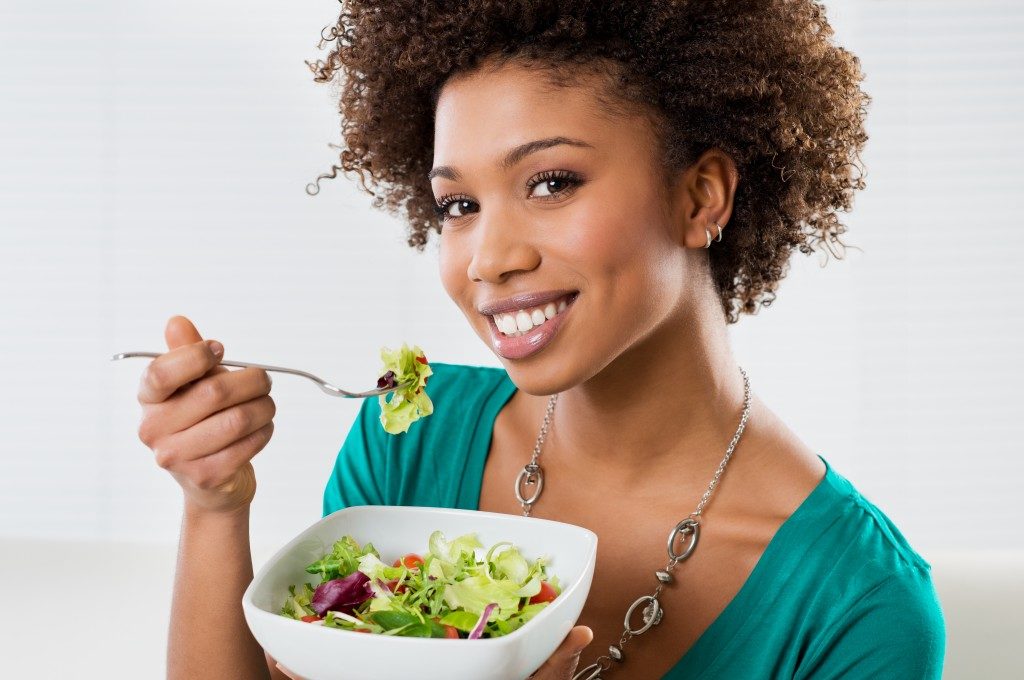It’s a universal truth that what you eat will affect your body’s organs. Take for example your colon. Ask any gastrointestinal or GI doctor in Salt Lake City and you’ll be told that an unbalanced diet can cause your colon, which plays a vital role in your digestive system, to malfunction. The colon, after all, is the organ that processes wastes before elimination.
You could suffer from minor irritable bowel syndrome or something as serious as major colorectal cancer, which is among the top three most common and deadliest types of cancer. Only about 10% of instances of colon cancer are inherited. This means that the other 90% are caused by lifestyle.
To avoid these health issues, let’s take a look at the following colorful foods that GI doctors recommend.
Rainbow of Food
-
Red
An apple a day keeps the (GI) doctor away. This saying has never been truer than with colon health. Apples and other red foods like beets, cranberries, watermelons, and tomatoes contain a multitude of vitamins, minerals, and antioxidants. Moreover, lycopene, which gives these fruits and vegetables their red and pink colors, has been found to inhibit colon cancer cells.
-
Orange and yellow
Fruits and vegetables that are orange or yellow are rich in anti-oxidants. So, be sure to add some carrots, cantaloupes, pumpkins, or butternut squash into your meals. Also, eat oranges, lemons, and bananas. For some tropical options, eat mangoes, pineapples, and papaya.
The American Institute for Cancer Research discovered that people who have high alpha-carotene (mainly from carrots) have fewer chances of getting colorectal, pancreatic, or stomach cancer.
-
Green
Green, leafy vegetables contain calcium and vitamins that help fight off illnesses and improve bone health. But, did you know that green vegetables also contain beta-carotene? The darker the green color on a vegetable is, the more beta-carotene it contains. Carotenoids improve immunity against certain cancers.
-
Blue and Violet
There’s a particular antioxidant called anthocyanin, which reduces the risk of getting esophageal and colorectal cancer. If lycopene is to red, then anthocyanin is to blue and violet. You can get it from eggplants, grapes, and blueberries.

More Diet Tips
Here are some more tips specifically for good colon health.
-
Increase your fiber intake
Constipation clogs the colon. To help wastes move along, you need fiber. Think of it as the broom that aids in waste elimination. Fiber also reduces the chances of developing hemorrhoids or small pouches in the colon. Many of the fruits and vegetables listed above are rich in fiber.
-
Drink milk
Dairy for health? Well, there are many alternatives to cow’s milk. But the important thing is that vitamin D and calcium are associated with decreased risks of colorectal cancer. For men, though, try not to exceed 2,000 ml of calcium per day. Otherwise, you might develop prostate cancer.
-
Be selective when it comes to grains
Although grains contain fiber, not all grains are created equal. Steer clear of refined and enriched grains like white rice. These are milled and processed too much that their nutrients and fiber contents are low. Go for whole grains like barley, brown rice, and oatmeal. These are considered colon-friendly grains because they contain the essential fiber and fatty acids that naturally clean the colon.
While fruits, vegetables, and proper diet help keep your colon healthy, don’t forget to have a regular colon screening. This procedure can detect pre-cancerous cells. A GI doctor is trained to find and remove these cells, so with one exam, you can prevent a deadly disease from ravaging your body.
